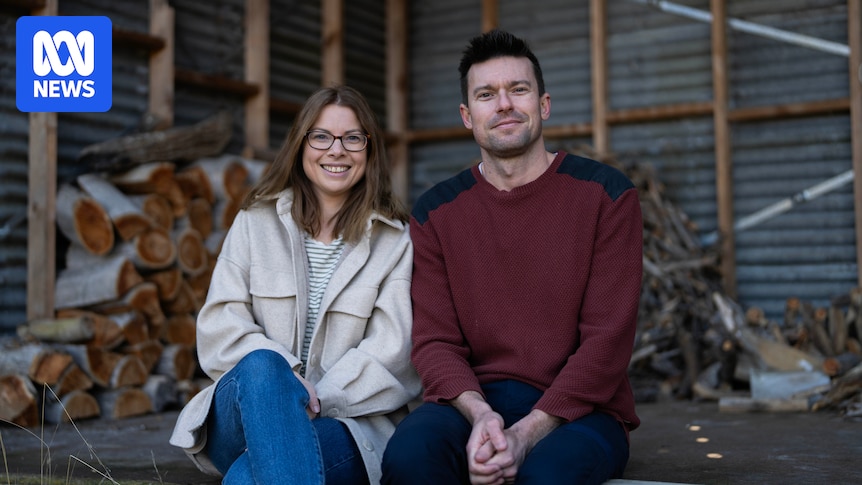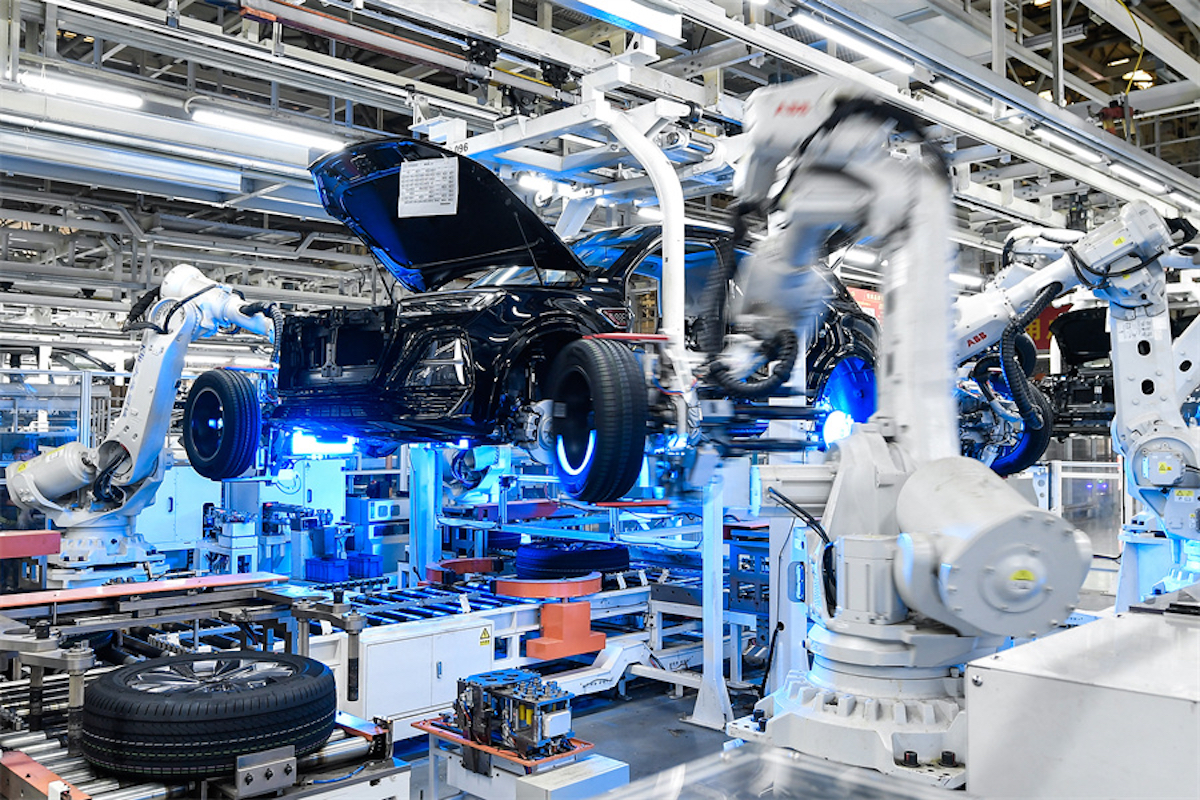
Tucked away in the southern Tasmanian bushland, Eily Stevenson and Jon Oliver are embracing a lifestyle that is both financially savvy and psychologically rewarding. The couple, originally from Sydney, have embarked on an off-grid journey, motivated by the allure of nature and a desire for self-sufficiency. “We knew we wanted to have a family, and the idea of raising a young family off-grid in nature was really attractive to us,” said Ms. Stevenson. “We are outdoor nature lovers, and I cannot think of a better place actually in the entire world … Tassie is right up there with the most beautiful, pristine places.”
Their property, located in southern Tasmania, was purchased a few years ago and already had a dwelling on it. Now, they are transitioning the property off-grid, which means disconnecting from the main electricity grid and potentially other public utilities like water and sewerage. Their first major task involves switching the home to solar power, a project for which they have budgeted about $25,000 to include up to 24 panels and a few batteries. “The up-front benefits will be at a financial loss, but I think when you factor in all the costs projecting out five to 10 years, it will pay for itself,” Mr. Oliver explained.
The Evolution of Off-Grid Living
Off-grid living is not a new concept, but it has evolved significantly over the years. Phillipa Watson, a research fellow at the Australian National University, has been studying the social change in energy uptake across Australia for two decades. Although there is no national database on the number of people living off-grid, Dr. Watson notes a significant increase in activity by power companies over the past decade to create more off-grid systems for their customers. This shift is largely due to the affordability of solar power systems.
“The old school off-gridders needed to have a lot of technical knowledge and were getting involved either because they had to, or they really, really wanted to,” Dr. Watson said. “Then we had this newer kind of household that had to consider the new connection costs which could go into the tens of thousands in those edge-of-grid or remote areas … which then became comparable with putting in an off-grid system.”
Dr. Watson points out that with the increased uptake, technical support has become more readily available. “We saw in those households they didn’t need to be technically able about their off-grid system because the installers were becoming more sophisticated and were able to offer them a long-term support program.”
Financial and Psychological Benefits
For Stevenson and Oliver, the financial implications of going off-grid are carefully calculated. They have already invested $45,000 on their driveway and access, and plan to spend $18,000 on improving the septic system, $3,000 on adding two additional water tanks, and $25,000 on upgrades to the house. Despite these costs, the couple believes the long-term savings and benefits outweigh the initial expenses.
Mr. Oliver highlighted the cost-effectiveness of solar power compared to traditional electricity connections. “It’s fairly cheap once you’re already connected, all the infrastructure is there, whereas if we were starting from scratch and we needed to get poles in, 100 percent, [solar] straight away,” he said.
Beyond the financial aspects, the psychological benefits of off-grid living are significant. Ms. Stevenson expressed the satisfaction of living off the land and producing their own resources. “The psychological benefits of knowing that you are living off the land and producing a lot of your own resources is really attractive,” she said.
Challenges and Considerations
While the benefits are clear, off-grid living comes with its own set of challenges. Council regulations can pose obstacles, and prospective off-gridders are advised to check with local authorities to ensure their plans are permitted. “Contact your local council if you’ve got your eye on a property to make sure that you can do everything, that it’s permitted,” Ms. Stevenson advised.
Dr. Watson also noted the importance of resourcefulness, particularly in Tasmania. “Especially in Tasmania, we see a really strong resourcefulness streak … people who are just really, really proud of being efficient,” she said.
As more people consider the off-grid lifestyle, the combination of financial savings, environmental benefits, and personal satisfaction continues to inspire a new generation of self-sufficient homeowners. With advancements in technology and increased support, the transition to off-grid living is becoming more accessible than ever before.





